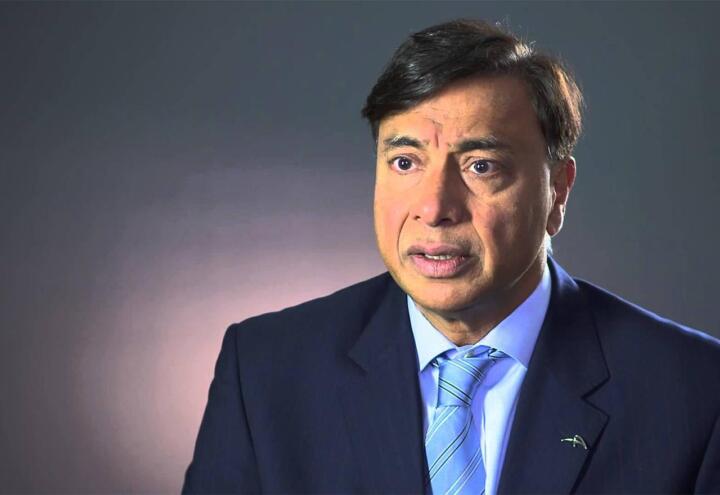A London-based Indian national, Pramod Mittal, is strategically planning to utilize the substantial $446 million settlement received from the Nigerian government for the long-standing Ajaokuta steel plant dispute to alleviate his personal financial woes. This significant development was reported by Bloomberg on a Friday, shedding light on Mittal’s intent to address his legacy of defunct factories and outstanding debts with the aid of the Nigerian government’s settlement.
Pramod Mittal, the younger brother of billionaire Lakshmi Mittal, has a history marred by unpaid bills and the liquidation of his company, Global Steel Holdings Ltd. (GSH), by the Isle of Man court. Five years ago, Mittal found himself indebted to the tune of $167 million to Moorgate Industries Ltd., a spinoff of one of the world’s largest steel dealers. The court’s decision to liquidate GSH highlighted the financial turmoil surrounding Mittal.
Three years ago, while facing the prospect of personal bankruptcy in a UK court, Pramod Mittal looked to the Nigerian government for compensation. Although the court did not initially view the situation in his favor, the settlement with Nigeria in the preceding year is now appearing as Mittal’s most viable option to evade bankruptcy.

As of October 4, court documents indicate that payments from the Nigerian government had been directed to GSH’s liquidators, yet Moorgate had not received any funds. The intricate financial web surrounding Mittal’s dealings and the Nigerian settlement adds layers of complexity to this unfolding narrative.
Adding further insight to the story, in January 2023, Nigeria’s former Information Minister Lai Mohammed revealed that the government had disbursed $446 million to GSH’s local unit in multiple installments under the settlement. Between October 2022 and February 2023, records from the company’s liquidators indicate that the legal firm overseeing the mediation transferred £219 million ($272 million) to GSH’s account.
The settlement, equivalent to approximately 1.5% of Nigeria’s foreign reserves, marks the latest episode in the 44-year-long saga of the Ajaokuta steel plant—a massive Soviet-built manufacturing complex in Nigeria. With over $7 billion in public funds invested, the plant has become synonymous with corruption, poor governance, and inefficiency in the West African country.
Notably, opinions on the fate of Ajaokuta vary widely. Matthew Page, a former Nigeria expert for US intelligence agencies and an associate fellow at London-based Chatham House, characterized Ajaokuta as a “black hole” that has swallowed billions of dollars, benefiting politicians and foreign enablers. He expressed skepticism about future attempts to revive the plant, stating that Ajaokuta’s dilapidated machinery is now capable of only one thing: making public funds disappear.
Despite being non-operational for years and absorbing substantial amounts of taxpayers’ money, the current Nigerian government, led by President Bola Tinubu, remains committed to revitalizing the Ajaokuta plant. Tinubu campaigned on the promise of restoring operations at the steel plant, and his administration took pride in freeing Ajaokuta from Pramod’s legal claims in May. This accomplishment was achieved for a sum significantly less than the $5.3 billion initially sought by GSH in a settlement.
In a recent statement, Vice President Kashim Shettima emphasized the Ajaokuta plant’s potential to be a “game changer” for Nigeria, envisioning its capacity to generate half a million jobs in the future. Despite the challenges and skepticism surrounding the Ajaokuta steel plant, the Nigerian government remains resolute in its pursuit of making the complex operational, with the hope of realizing significant economic benefits. The intersection of Pramod Mittal’s financial challenges and the complexities of the Ajaokuta saga adds a layer of intrigue to the ongoing narrative.
Support InfoStride News' Credible Journalism: Only credible journalism can guarantee a fair, accountable and transparent society, including democracy and government. It involves a lot of efforts and money. We need your support. Click here to Donate
